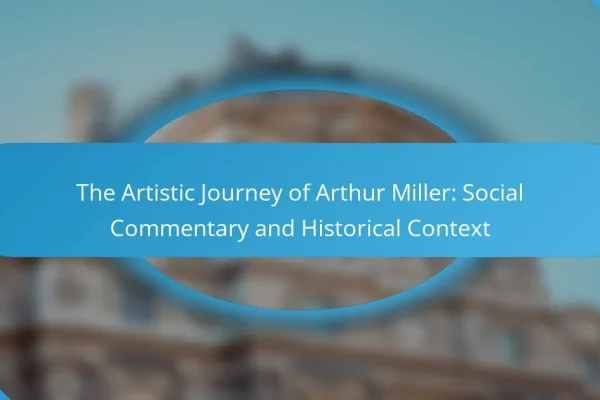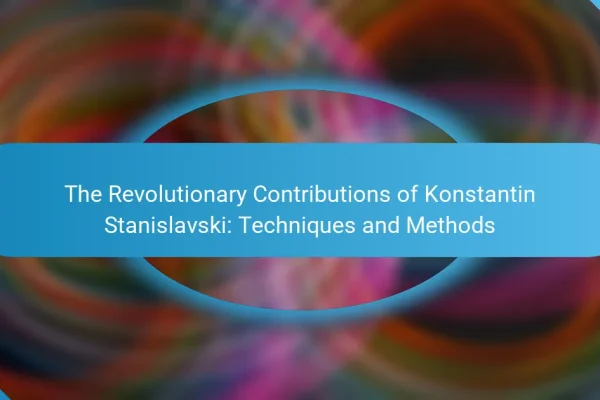
The Impact of Anton Chekhov: Character Development and Playwriting Style
Anton Chekhov is a pivotal figure in literature known for his innovative character development and playwriting style. His works, including “The Cherry Orchard” and “Uncle Vanya,” emphasize realistic portrayals of human emotions and relationships, highlighting the complexities of everyday life. Chekhov’s techniques, such as the use of subtext and the principle of “Chekhov’s gun,” focus…








